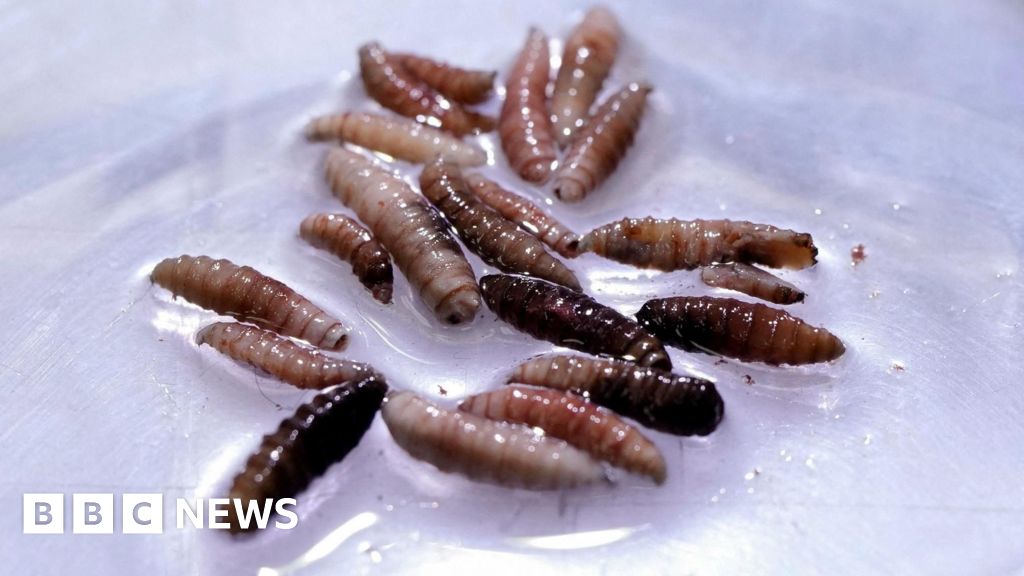NEW YORK (AP) — Health Secretary Robert F. Kennedy Jr.'s new vaccine advisory committee meets this week, with votes expected on whether to change recommendations on shots against COVID-19, hepatitis B, and chickenpox.
The specific topics up for vote on Thursday and Friday in Atlanta remain unclear, eliciting concern from public health experts who fear new doubts about vaccines may arise among parents.
A significant worry is a potential vote that might restrict a government program aimed at making vaccines accessible to low-income families.
“I’m tightening my seat belt,” remarked Dr. William Schaffner, a vaccines expert at Vanderbilt University.
The Advisory Committee on Immunization Practices (ACIP) historically advises the Centers for Disease Control and Prevention (CDC) on vaccine usage, with recommendations typically adopted by CDC directors, impacting vaccine programs significantly.
Previously a prominent anti-vaccine activist, Kennedy dismissed the entire previous 17-member ACIP panel earlier this year, appointing a new panel that includes voices skeptical of vaccines.
COVID-19
Under Kennedy, the ACIP previously voted to endorse flu shots but was silent on COVID-19 shots. His controversial decision to drop COVID-19 vaccinations from the CDC’s recommendations for healthy children and pregnant women received backlash from various medical and public health organizations, even leading to a lawsuit from the American Academy of Pediatrics.
Further complexities arise as families retain access to COVID-19 vaccinations through the Vaccines For Children program, which covers about half of childhood vaccinations annually. Nonetheless, new COVID-19 formulations may complicate access further.
Hepatitis B
The committee also plans to revisit recommendations related to the hepatitis B vaccine, crucial in preventing serious liver infections, especially for infants who have the potential to contract the virus from their mothers.
The hepatitis B vaccine has a long-standing recommendation for newborns, considered a significant public health success in preventing chronic infections.
Chickenpox Vaccination
In terms of chickenpox, the government began recommending vaccination in 1995, reducing incidents significantly. A combination vaccine (MMRV) was offered in 2006, but later studies showed higher risks of adverse reactions than separate vaccinations.
Despite the absence of recent evidence indicating harm from MMRV shots, experts like Dr. Sean O’Leary express concern that the current ACIP's reevaluation of established guidelines could again fuel public distrust in vaccines.
“This version of the ACIP is an orchestrated effort to sow distrust in vaccines,” O’Leary asserted.
As the advisory committee proceeds with its discussions, the implications may reverberate across the nation, potentially reshaping vaccination practices and public trust in health authorities.



















